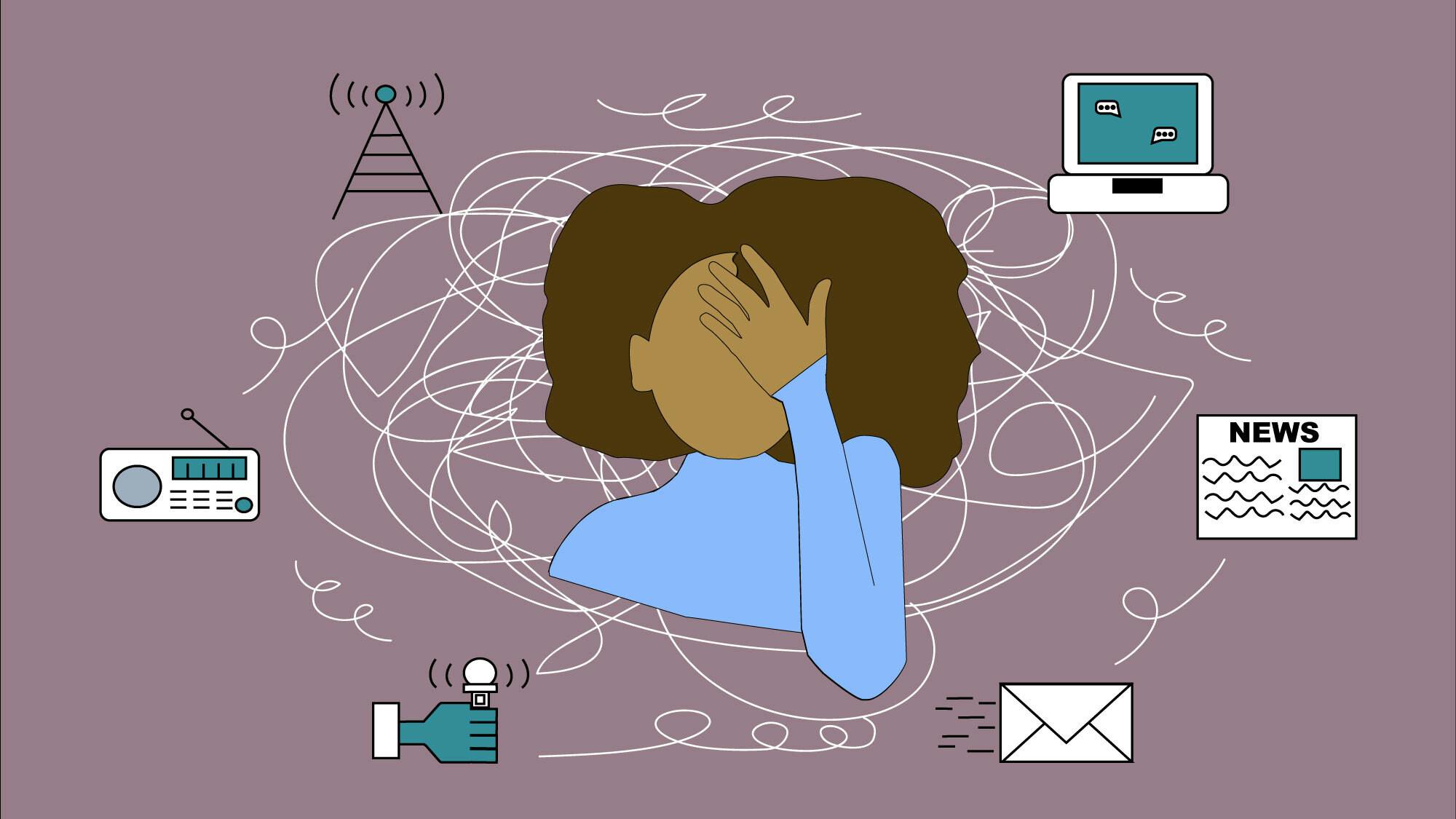Affecting 15 million adults, with 36% of these adults not seeking treatment until experiencing symptoms for 10 years, according to the Anxiety and Depression Association of America, social anxiety disorder impacts much of the population, making simple tasks such as asking for directions a burden.
But within this group of adults are a subset of people who aren't usually in the conversation of social anxiety: student journalists.
When most people think about student journalists, they usually wouldn’t think about reporters freezing whenever they have to interview their sources for their story.
Journalism sophomore Campbell Berg said even though she’s an ambivert, the challenging thing about doing journalism is constantly meeting new people. Berg also said she is more comfortable around familiar people.
Berg, who also has a minor in media photography, expressed she has always been hesitant of writing in journalism because she likes to work behind the scenes.
“That’s why I like photography so much because I can just do my own thing,” Berg said. “I don’t really have to talk to new people unless if I need to get like ... information for a caption or something.”
With journalists having deadlines or covering an unfamiliar topic, student journalists like journalism master student Marvin Pride know the feeling of being overwhelmed by journalism.
Pride, who's interested in broadcast journalism, recalled the time he first went on air for Focal Point News. Pride was nervous and shy but he had to push through the show, but he said this experience was nerve-wracking.
Student journalists with social anxiety often feel they are underrepresented, since journalism students are told to keep their emotions out of their work, journalism freshman Demonte Thomas said.
“But, especially as a journalist, at the end of the day, you’re still a human," Thomas said. "You have the right to address those emotions at its own time, of course.”
Often the stress of the topics student journalists have to cover can trigger social anxiety. Pride said the gubernatorial election is an example of this stressful coverage.
“Just the whole atmosphere of going because I had to go to (Governor Gretchen) Whitmer and (Tudor) Dixon’s last debate in Oakland University," Pride said. "That was probably the most stress I’ve been in and the most anxiety I’ve ever had. ... Everybody had their story and I didn’t because I had to watch each person’s stuff (to get the facts) … and I think I almost cried because it was so much work on me.”
Despite these challenges journalists experience, students journalists have methods of overcoming their occupational social anxiety.
Thomas said listening to music helps having a peaceful mind. Campbell said that she reviews all of the materials she gathered to make sure nothing is missing, with Pride said he just “wings it.”
Pride said if the workload gets too overwhelming, students should step away from the news and prioritize your mental health first.
"It’s not worth me losing sleep to get this (story) perfect,” Pride said.
Thomas, Berg and Pride all said that student journalists having a social anxiety disorder is more common than people think, and it should be discussed more.
“Just like putting it in a bottle and putting it up on the shelf, it’s not really helping," Thomas said. "I think the sooner we start that conversation, more people that are not only majoring in journalism but just doing whatever they’re doing, they can kind of relate to what we’re talking about.”







